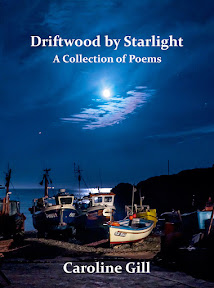Most writers, I imagine, must wonder at one time or another about translation. My poems have occasionally appeared in international anthologies (e.g. from India and the USA); but to my knowledge, none of my poems has been translated into another language. Who knows what the future will hold. Works like Homer and Shakespeare, of course, have appeared in countless tongues. I came across a useful site concerned with translation, and I also found it interesting to read about the eighteenth century views of Samuel Johnson (click link and read 'A thought for the day').
You may wonder what sparked this train of thought. I was recently at Rudston Church near Bridlington, visiting the grave of the novelist, Winifred Holtby (and also looking at a gigantic menhir in the churchyard and reading the memorial tablets to my distant MacDonald ancestors). As we entered the church, my eyes alighted on a delightful copy of South Riding ... translated into Japanese by Suzoku Sakamoto.
A Poem A Day Writing Prompt 03 March 2026
2 hours ago












3 comments:
Translating poetry must be very difficult. One might translate the literal meaning but it must be difficult to recreate the sounds and rhythms etc.
Maybe only certain types of poems lend themselves to translation?
'A great age of literature is perhaps always a great age of translations.' Ezra Pound
'Poetry is what is lost in translation ...' Robert Frost
Would you reconcile these two views? - and if so, how? No easy answers, I suspect; though, of course my question is too simplistic!
I have tried to translate poetry from German but it is very difficult, the differences in structure and syntax in differnet languages combined with the special forms of poetry and the concentration of meaning make it more difficult to translate poetry than prose. I'm very often disappointed with translated poetry.
Post a Comment